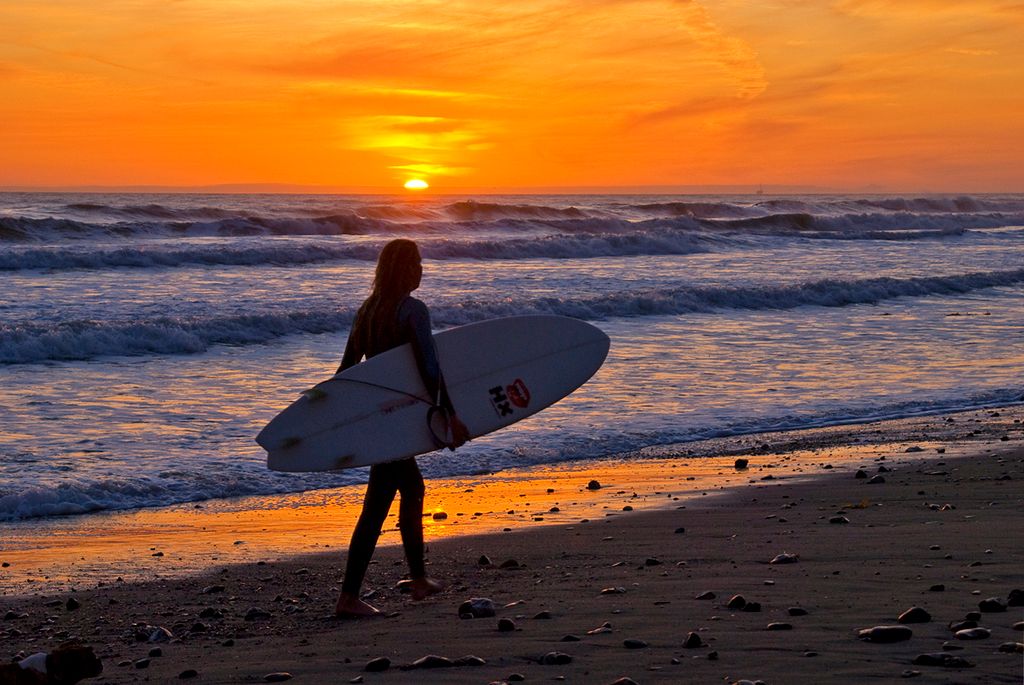Revitalizing Our Oceans: A Global Call to Action at Nice's UN Ocean Conference
International leader Macron advocates for global cooperation prior to the United Nations Ocean Conference, slated in Nice. - International leader Macron advocates for global cooperation ahead of UN seafloor gathering in Nice.
Macron, in a stirring address, lamented the dwindling emphasis on ocean preservation in public discourse—a vital response to the escalating threat of climate change. He vehemently criticized the withdrawal of funds for scientific research, particularly in the United States, which opted out of sending an official delegation to the UN Ocean Conference this year.
During the afternoon, Carsten Schneider, Federal Environment Minister of Germany (SPD), was present at the inaugural sailing parade for the "Malizia Explorer," an innovative research vessel captained by extreme sailor Boris Herrmann. Emphasizing the significance of marine exploration, Schneider asserted, "The more we know, the better we protect." He also reportedly discussed the training of marine protectors in West African countries, using German support as a foundation, with the President of Cabo Verde, José Maria Neves. These trained scientists will be instrumental in identifying high-seas protected zones once the corresponding UN treaty is ratified.
The much-anticipated UN Ocean Conference, taking place in the picturesque city of Nice, will welcome approximately 130 states and 40 international organizations from Monday. Macron graciously hosted around fifty head of states and governments for an opening dinner, bringing together leaders such as Brazilian President Luiz Inácio Lula da Silva and UN Secretary-General António Guterres. This gathering, convening every four years, is renowned as the most crucial international summit for marine conservation.
Germany, driven by its environmental mandate, aims to harness the UN Ocean Conference to accelerate the establishment of high-sea protected areas, reduce oceanic plastic waste, and impose a precautionary moratorium on deep-sea mining.
- Emmanuel Macron
- Nice
- UN
- Carsten Schneider
- Boris Herrmann
- Marine protection
- West Africa
- Germany
A Closer Look at the Issues:
Although high-sea protected areas, plastic waste reduction, and deep-sea mining dominate the agenda, their international implications are far-reaching:
High-Sea Protected Areas
- International Collaboration: The recent High Seas Treaty, ratified in 2023, outlines a legal framework to safeguard marine biodiversity beyond national jurisdiction—a pivotal leap towards creating high-sea protected zones.
- Germany's Role: Although specific details about direct German involvement in establishing high-sea protected areas at the UN Ocean Conference are limited, Germany assumes a proactive role in global environmental endeavors, likely advocating for similar initiatives.
Plastic Waste in Oceans
- International Action: Plastic pollution is a pressing issue worldwide, prompting concerted anti-pollution efforts at environmental conferences. However, the UN Ocean Conference provides no discernible detailed discussions or actions addressing oceanic plastic waste.
- Germany's Contribution: Known for its pioneering role in plastic waste reduction and eco-friendly practices, Germany pushes for sustainable solutions to tackle oceanic pollution during international discussions.
Deep-Sea Mining
- International Debate: Deep-sea mining remains a contentious issue for its potentially deleterious environmental impacts. The conference strives to expand international legal mechanisms to govern marine biodiversity, which may encompass regulations on deep-sea mining.
- Germany's Role: Germany's stance on deep-sea mining discussions at the UN Ocean Conference is not explicitly mentioned in the available data. However, it can be assumed that Germany participates in discussions on sustainable ocean management, advocating for regulations to mitigate deep-sea mining impacts.
- The Commission, with its role in preparing the draft directive on the protection of the marine environment, could be an essential player in collaborative efforts to establish high-sea protected areas, as discussed during the UN Ocean Conference in Nice.
- As climate change continues to threaten our oceans, it is crucial to support scientific research, such as the work conducted on the innovative research vessel, the "Malizia Explorer," captained by Boris Herrmann, as detailed during the conference.
- With concerns about deep-sea mining's potential environmental impacts, it is important for nations like Germany, who take part in international discussions on sustainable ocean management, to advocate for regulations that minimize the negative effects of deep-sea mining on the marine environment.








